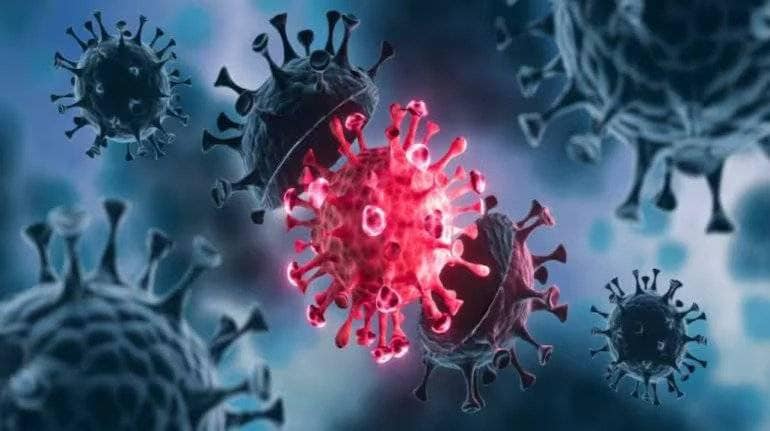



India has been witnessing a surge in COVID-19 cases and the key factor causing the spike in cases is the emergence of a new Omicron variant called the XBB 1.16. The variant was first detected in Pune in February and was named XBB 1.16 on March 5.
Here are a few things to know about the new COVID variant that is causing the surge in cases in India
The XBB 1.16 variant is a recombinant lineage of COVID and a descendant of the XBB lineage. The preliminary data suggests that XBB 1.16 omicron variant has a higher growth percentage as compared to other SARS CoV-2 lineages that are presently circulating.
“The XBB 1.16 subvariant is a highly transmissible variant with high infectivity rate. The subvariant has mutations on the amino acids and nucleotide space that gives it the capacity to escape hybrid immunity achieved by vaccination and previous exposure to the virus," Dr Charu Dutt Arora, Infectious Disease Specialist, Consultant Physician, AmeriHealth, Asian Hospital told Hindustan Times.
SYMPTOMS THAT INDICATE THE PRESENCE OF XBB 1.16 OMICRON VARIANTThe symptoms of the presence of XBB 1.16 Omicron variant in patients is similar to those of the Omicron variant such as high-grade fever for over two days, cough, sore throat, body pain, severe headache, cold and abdominal discomfort.
“There is no loss of smell or taste seen in the patients, so far. Most of them have mild to moderate disease and are being managed on home isolation," Dr. Arora said.
Medical experts have recommended getting tested for COVID-19 if someone is experiencing these symptoms.
WHO ARE AT MOST RISK?Experts believe that children, elderly population, and patients with co-morbidities such as cardiac conditions, previous pulmonary issues, and diabetes among other ailments are at most risk of the new variant.
Experts believed that booster dose was not required, as of now.
“The booster dose coverage is low but I don’t think it is very important at the moment. All of us have had at least one or two clinical or sub-clinical Covid-19 infections – some of us more than two times – and this seems to be protecting most people against severe disease," Dr Atul Gogia, Internal Medicine, Sir Ganga Ram Hospital, told the Indian Express.
As per numbers released on Friday morning, India recorded a total of 3,095 cases in the last 24 hours. The active case load stood at 15,208.
Discover the latest Business News, Sensex, and Nifty updates. Obtain Personal Finance insights, tax queries, and expert opinions on Moneycontrol or download the Moneycontrol App to stay updated!
Find the best of Al News in one place, specially curated for you every weekend.
Stay on top of the latest tech trends and biggest startup news.